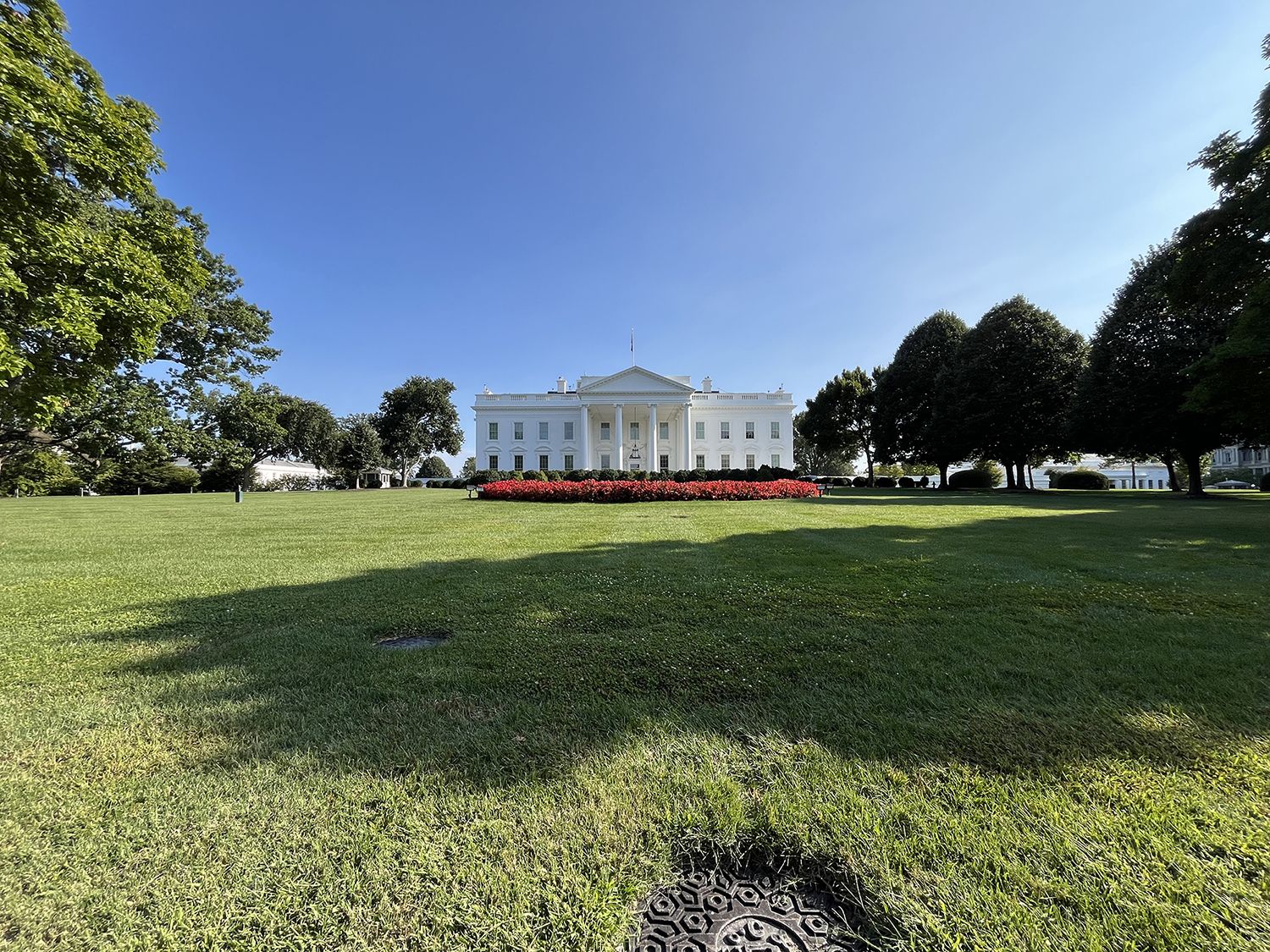The classification of cannabis under federal law has been a contentious issue for decades. As of November 2024, significant developments suggest that 2025 could be a pivotal year for the potential rescheduling of cannabis. This article examines the current status, legislative efforts, and the implications of rescheduling cannabis in the upcoming year.
Current Classification and Its Implications
Cannabis is currently classified as a Schedule I substance under the Controlled Substances Act (CSA), indicating a high potential for abuse and no accepted medical use. This classification imposes strict regulations on research, medical use, and banking services for cannabis-related businesses.
Recent Developments
DEA’s Rescheduling Proposal
In August 2024, the Drug Enforcement Administration (DEA) announced plans to hold an administrative hearing to consider rescheduling cannabis from Schedule I to Schedule III. This reclassification would acknowledge accepted medical use and reduce regulatory restrictions.
Hearing Delays
Initially scheduled for December 2, 2024, the DEA’s hearing has been postponed to early 2025 due to procedural issues. This delay shifts the final decision on rescheduling to the next presidential administration.
Legislative Efforts
Veterans’ Advocacy
Veterans’ groups have been vocal in advocating for rescheduling, citing the therapeutic benefits of cannabis for conditions like PTSD. However, a DEA administrative law judge recently blocked a veterans’ group from participating in the rescheduling hearing, highlighting ongoing challenges in the advocacy process.
Read More: Veterans and Medical Cannabis: Access and Advocacy Across the U.S.
Congressional Actions
Several bills have been introduced in Congress aiming to reschedule or deschedule cannabis. The Marijuana Opportunity Reinvestment and Expungement (MORE) Act seeks to remove cannabis from the CSA entirely, though it has faced hurdles in the legislative process.
Read More: Florida’s Amendment 3: Recreational Marijuana Legalization Fails to Pass
Implications of Rescheduling
Medical Research
Rescheduling to Schedule III would facilitate more comprehensive medical research by easing restrictions on studies involving cannabis.
Banking and Taxation
A reclassification could alleviate banking challenges faced by cannabis businesses and modify tax obligations under Section 280E of the Internal Revenue Code, which currently prohibits deductions for businesses trafficking Schedule I substances.
State vs. Federal Law
While rescheduling would alter federal regulations, it would not override state laws. States would retain the authority to regulate cannabis within their jurisdictions.
Outlook for 2025
The postponement of the DEA’s hearing to 2025 places the decision in the hands of the incoming administration. The nomination of pro-cannabis advocate Matt Gaetz as Attorney General by President-elect Donald Trump has been met with optimism by the cannabis industry, though his confirmation remains uncertain.
The outcome of these developments will significantly influence the trajectory of cannabis policy in the United States.
Sources:

